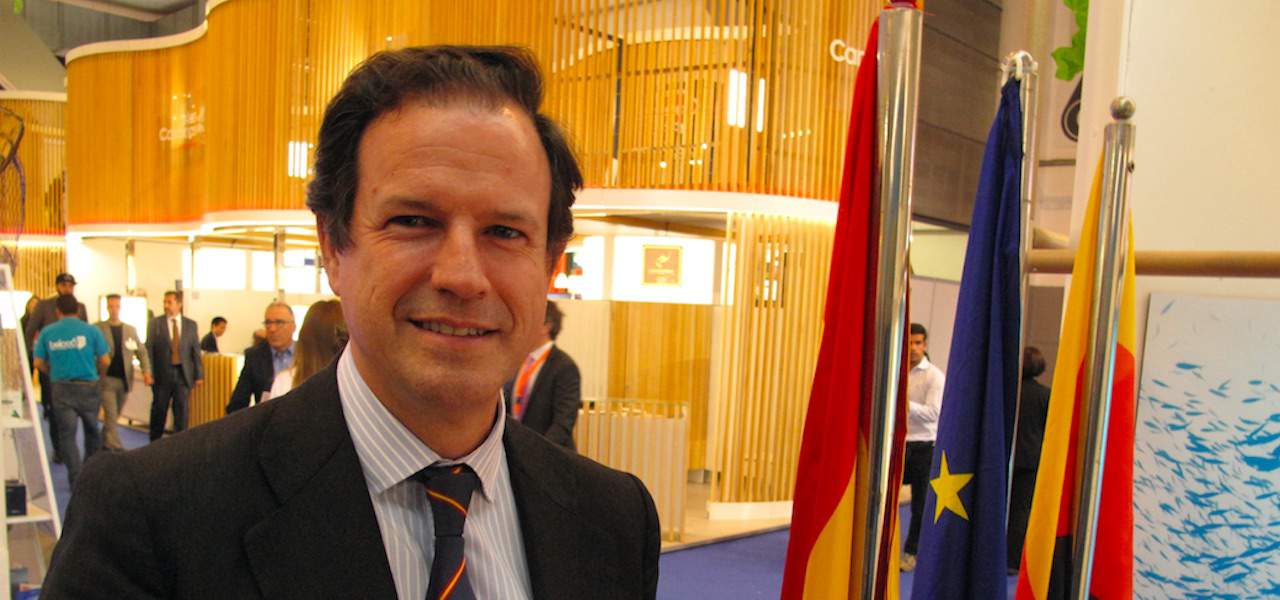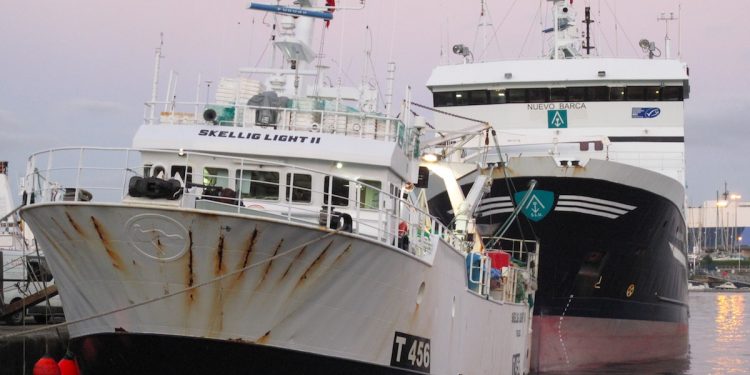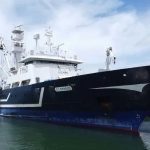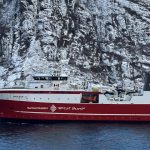Guaranteeing continued access to UK waters and maintaining reciprocal market access are key issues in the Brexit negotiations, according to Spanish fishing industry body CEPESCA.
‘If Spain’s objective is to guarantee the rights of national companies, the access of the Spanish fleet to the waters of the United Kingdom must be given priority consideration,’ said CEPESCA general secretary Javier Garat.
‘We trust that by the conclusion of negotiations, fishing will not have become something to bargain with, as has happened on previous occasions.’

He commented that CEPESCA has reminded Pedro Sánchez’s government that the fishing industry expects to see its interests defended – which means maintaining access to UK waters. CEPESCA’s position aligns with that of the European Fisheries Alliance (EUFA), of which CEPESCA is a part and EUFA president Gerard van Balsfoort has made it clear to Michel Barnier that access is of high importance for the European fleet.
Of the 29,000 tonnes of North-East Atlantic catches worth more than €121 million, the Spanish fleet currently catches around 9000 tonnes annually of mainly hake, megrim and monkfish worth around €27 million in UK waters.
Although these catches account for approximately 1% of overall Spanish landings, for fishing vessel operators in Vigo, Celeiro, Burela , Coruña, Ondárroa and Santander, UK fishing grounds are of significant importance and there are 88 Spanish-flagged vessels employing 2150 crew that currently have the option of fishing in UK waters. These are 54 longliners, 28 trawlers and six netters. In addition, there are 28 UK-flagged, Spanish owned fishing vessels.
According to Javier Garat, Spain has exported an average of 21,000 tonnes of seafood worth €95 million to the UK every year, although this figure dropped in 2018 to only 15,000 tonnes, valued at €79 million.
‘As well as the Spanish fishing fleet, there are also Swedish, Dutch, French, Irish, Belgian , German and Danish fishing interests involved in negotiations between the EU and the United Kingdom, and it must be taken into account that any additional gains pursued by the United Kingdom will imply a loss for twenty-seven,’ said Iván López Van deer Veen, president of the National Association of Cod Fishing Vessels (AGARBA) and CEPESCA’s spokesman at EUFA.
‘We shouldn’t forget that there has been fishing since the 13th century in UK waters and that these had always been international waters until the United Kingdom joined the EU.’









